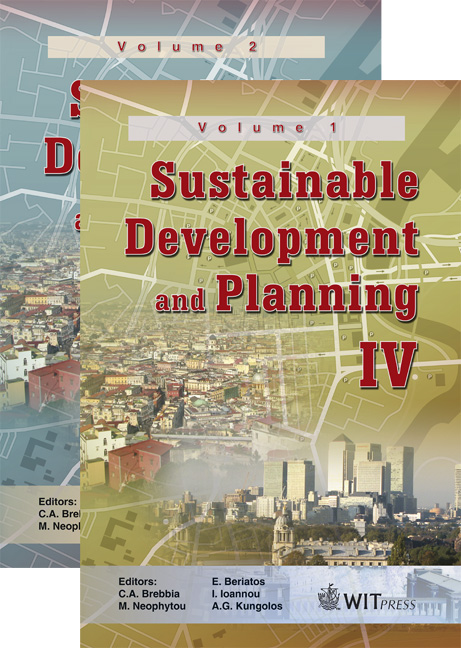Involving Local Communities In Flood Risk Management – Urban And Rural Case Studies
Price
Free (open access)
Transaction
Volume
120
Pages
10
Page Range
963 - 972
Published
2009
Size
230 kb
Paper DOI
10.2495/SDP090912
Copyright
WIT Press
Author(s)
T. Coates
Abstract
Changes in policy in the UK put an increasing emphasis on the involvement of local communities in the flood risk management process. Yet little is known about local communities and how they operate in our modern, mobile society. In fact many claim that local communities are being destroyed by increasing mobility and globalisation. Is there a local community we can engage in the flood risk management process? If so how should we go about doing this? This research starts to address these questions by exploring both the social, collective responses to flooding and in turn the effect that flooding has on local social relations. This has been done through interviews with both residents and flood professionals in urban and rural locations in Yorkshire. Whilst there were differences between the rural and urban areas, similar underlying processes were identified. There was not a single, straightforward ‘local community’ to be engaged. Rather there was a complex mix of overlapping networks and interests, where conflict as well as cooperation is possible. A number of key underlying factors were identified. To involve ‘local communities’ will require an evaluation of these in each location, whether urban or rural. Keywords: flooding, local community, social networks, collective action, urban, rural, flood risk management, cooperation, conflict, qualitative. 1 Why investigate ‘local community’? The changing policy environment, both in the UK and elsewhere, places an increasing emphasis on the involvement of local communities in the flood risk management process. Whilst at face value involving the local community may seem a straightforward and laudable aim, closer inspection reveals a number of complexities. The intertwined concepts of community and local community have
Keywords
flooding, local community, social networks, collective action, urban,rural, flood risk management, cooperation, conflict, qualitative.





